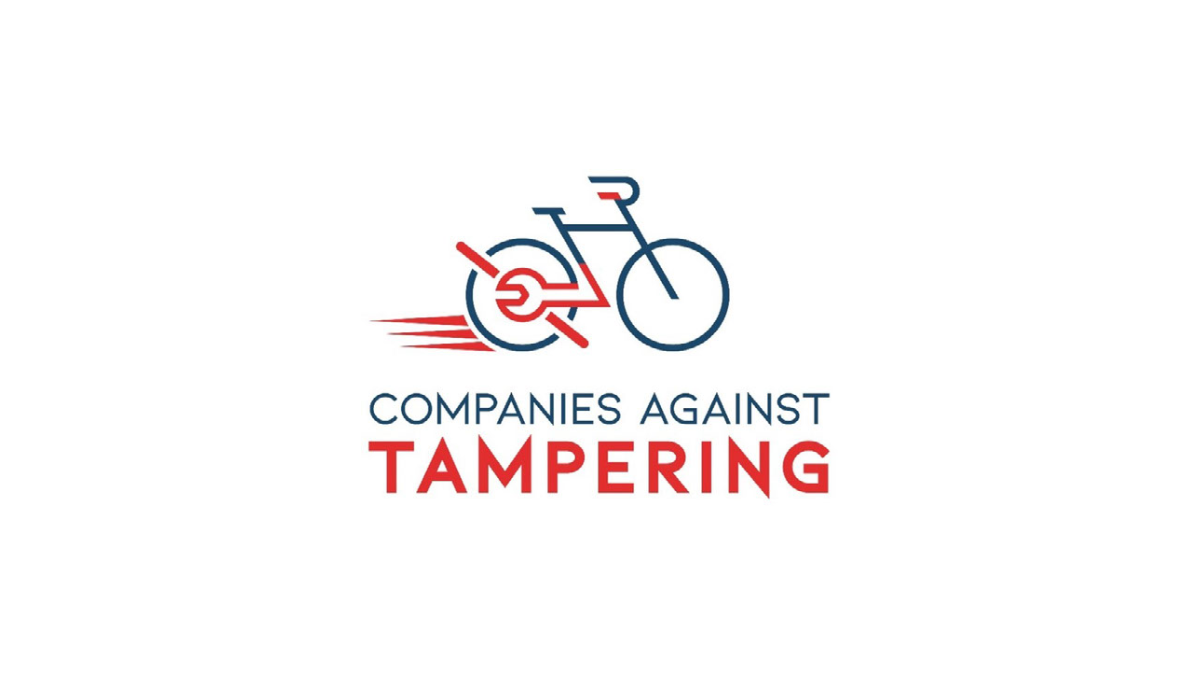
Bicycle industry takes strong stance against the tampering of e-bikes
On 30 September, under the aegis of CONEBI, 15 national bicycle industry associations and 68 companies became signatories to an industry-wide self-commitment to prevent the tampering of e-bikes.
With e-bikes becoming an increasingly familiar sight on roads all over Europe, the tampering of such bicycles has become a growing issue. The bicycle industry has taken a strong stance against this practice, with the Confederation of the European Bicycle Industry (CONEBI) leading a self-commitment initiative to prevent illegal tampering, as riding manipulated e-bikes can pose great dangers to users as well as serious legal consequences.
According to CONEBI, riding a tampered e-bike on public roads can lead to criminal prosecution, as it becomes a motor vehicle, meaning additional rules apply for the user (eg compulsory helmet, no access to cycle lanes, mandatory driving licence and insurance, etc). Riding a tampered e-bike also risks invalidating third-party or personal injury insurance. Furthermore, cyclists risk losing their guarantee and invalidating their warranty claims.
To further support the bicycle industry’s position and help spread the message to cyclists that the tampering of e-bikes is dangerous, CONEBI has published a joint declaration committing to the prevention of e-bike tampering. All of the signatories, ranging from national industry associations to global companies active in the industry, commit to speaking out against tampering in publications and at events, as well as raising awareness about the illegal practice to related stakeholders, such as retailers, via trainings, documentations, workshops and campaigns.
While the large majority of e-bike riders do not tamper with their bicycles, CONEBI has expressed concern about the negative impact that the illegal actions of a few will have on those who conduct themselves according to the law. The confederation strongly believes that the current regulatory framework for e-bikes is well suited, and the equal treatment of e-bikes and bicycles is fundamental to provide an attractive product to the users. CONEBI does, however, see tampering as a threat to this stable framework. Therefore, there is a strong motivation within the bicycle industry to persuade users to refrain from tampering.

“Tampering can sometimes be possible, and ECF is very much supportive of any initiative that seeks to minimise or exclude completely the possibility of increasing the speed or power for which an e-bike was built for,” said Ceri Woolsgrove of the European Cyclists’ Federation.
“We see the current regulatory field for Electronic Power Assisted Cycles (EPACs) to be in a good place and we would like to keep it that way. We call on all riders to not tamper with their bikes. They have been designed and built with a particular speed and power in mind and any changes could have dire consequences for their safety. We also call on the industry to work towards future bikes to be as safe and as tamperproof as possible, and this commitment is an excellent step towards achieving that.”
Working together with its members, technical experts and other associations, CONEBI is preparing supplementary information that will help to follow the steps of the self-commitment, including, but not limited to, information material on the risks and dangers of tampering as well as building partnerships with likeminded associations such as consumer organisations.
The complete self-commitment showcasing all the signatories can be found here.
Regions:
Contact the author
Recent news!
Upcoming events
Contact Us
Avenue des Arts, 7-8
Postal address: Rue de la Charité, 22
1210 Brussels, Belgium









